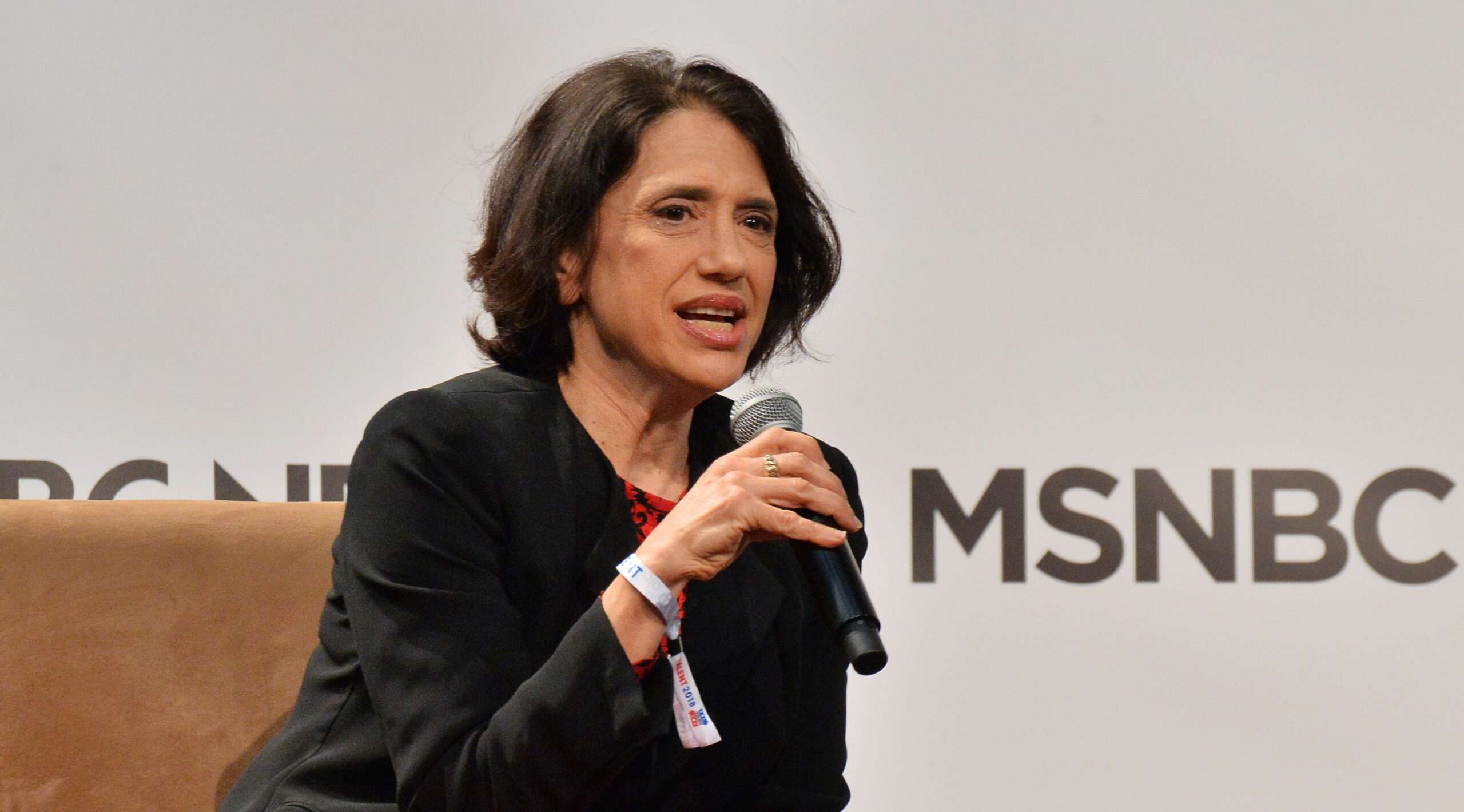Jennifer Rubin, the Never Trump Commentator, Should Take a Breather
Jennifer Rubin, a columnist currently writing for The Washington Post and serving as a commentator for MSNBC, has undergone a significant transformation in her political stance over the years. Initially perceived as a conservative writer at the time of her hiring by The Post in 2010, her position drew controversy due to the liberal reputation of the newspaper. The climate around her work shifted dramatically with the emergence of Donald Trump, pushing Rubin into the spotlight as a leading voice against his administration and those who support him. Indeed, her evolution into a prominent Never Trump figure has been marked by fierce denunciations of Trump and the normalization of his policies, culminating in a public call for a boycott of MSNBC when hosts Joe Scarborough and Mika Brzezinski chose to meet with the former president.
Rubin’s stark departure from conservative ideals has been echoed in her bold, and at times shocking, pronouncements on social media and in her writings. In a recent podcast episode, she suggested that Democrats adopt a more provocative rhetoric by declaring that “Republicans want to kill your kids.” This particular phrase sparked considerable backlash online, attracting both ridicule and concern, given the incendiary nature of such claims. Rubin’s argument appears to draw connections between Republican positions on issues like gun control and medical funding, presenting a case that aims to rally Democrats around a more aggressive messaging strategy. Critics have labeled her commentary as “unhinged,” with many arguing that such exaggerated statements do little to foster constructive political discourse.
To support her controversial assertions, Rubin cites the Republican Party’s stance on gun control, characterizing their policies as allowing minors access to dangerous weapons. However, opponents of her view highlight that this characterization is an oversimplification and misleading representation of the debate surrounding gun rights. The prevailing focus on handguns and their prevalence in gun violence statistics adds complexity to the issue that Rubin’s binary framing does not address. Such a sweeping statement about Republicans’ intentions invites serious ethical questions about the responsibility of public figures in shaping narratives that can instigate division and fear rather than foster understanding and dialogue.
Interestingly, the environment surrounding political commentary is becoming increasingly polarized, often leading to a tit-for-tat exchange of extreme claims from both sides. While right-leaning commentators frequently mock Democrats with similar hyperbolic accusations about harming children, Rubin’s position as a once-respected conservative now serves as a reflection of this ongoing escalation in political rhetoric. Her commentary, positioned within the influential pages of The Washington Post, has fueled debates around journalistic integrity and the fine line between opinion writing and sensationalism. While some argue that she should retain her platform without consequence, others suggest a more measured approach might serve the public discourse more effectively.
This hyperbole is not isolated to Rubin alone; it is part of a trend observable in various media platforms, where sensationalist narratives gain traction, often at the expense of nuanced discussion. Rubin’s comments highlight how media figures can wield considerable influence in shaping public perceptions and driving political narratives, particularly during contentious election cycles. Increasingly, audiences are confronted with polarized viewpoints that seek to elicit strong emotional responses rather than encouraging informed debate. Whether or not one agrees with her conclusions, the reality remains that Rubin’s style exemplifies the broader tendency within media to prioritize catchy sound bites over substantive discourse.
In sum, Jennifer Rubin’s evolution from conservative columnist to a fervent critic of Donald Trump and his supporters highlights the ongoing transformations within American political commentary. Her provocative statements, while aiming to energize the Democratic base, reflect the rising tide of extreme rhetoric that complicates political discussions. As media consumers navigate this landscape of heightened emotionality and partisan fervor, it becomes essential to critically assess the claims and narratives that shape public discourse. While Rubin’s platform allows for provocative commentary, it underscores the need for balanced perspectives that encourage constructive dialogue rather than alarmism. Ultimately, the broader implications of such rhetoric serve as a cautionary tale about the responsibilities of those who shape our understanding of complex social issues in an increasingly divided society.
Share this content:












Post Comment